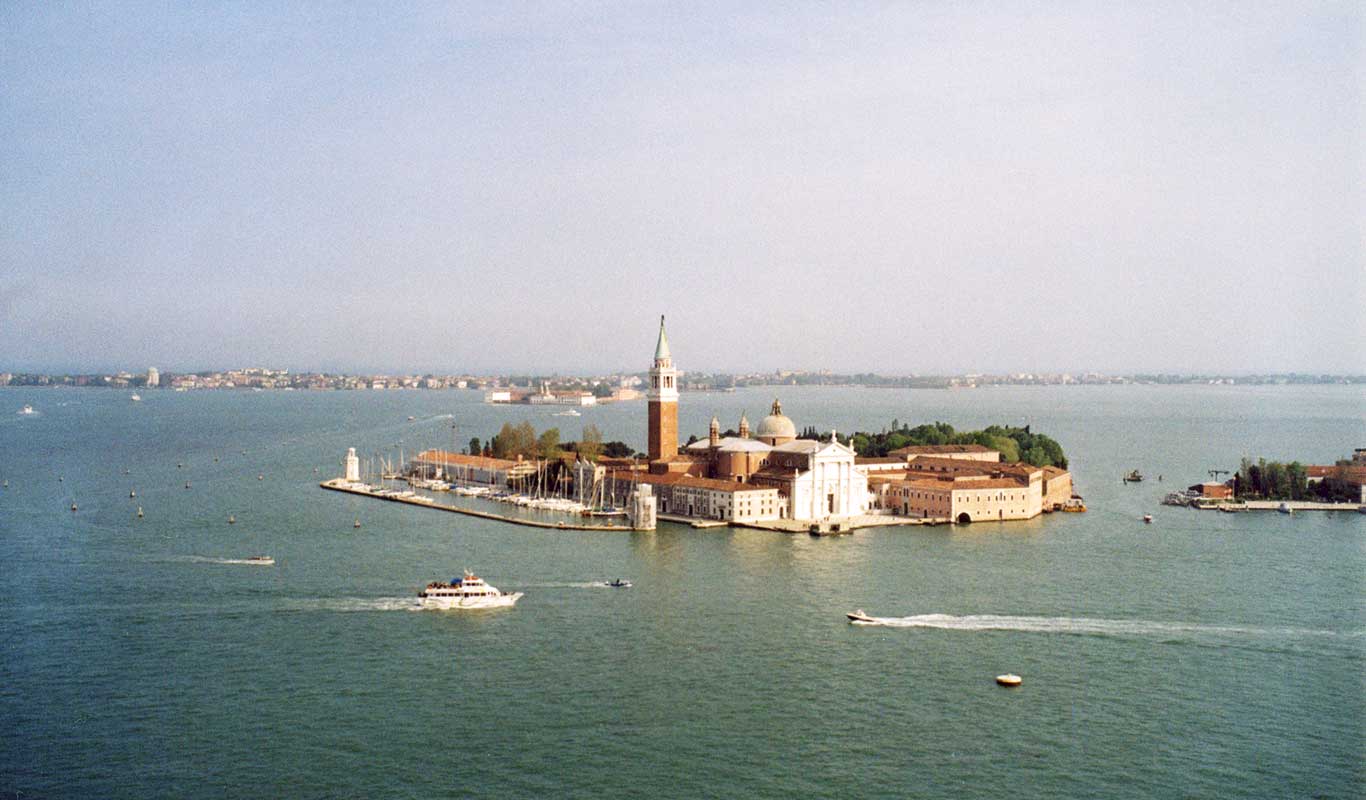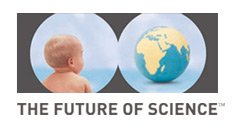Marcelo Sanchez Sorondo

Marcelo Sánchez Sorondo was born in Buenos Aires, Argentina, on 8 September 1942. He was ordained a priest on 7 December 1968 in the archdiocese of Buenos Aires. At the St. Thomas Aquinas University of Rome he was awarded a Ph.D in sacred theology ”“ the highest level of Church postgraduate studies ”“ with the maximum possible grade of summa cum laude (1974). From 1976 to 1998 he was lecturer in the history of philosophy at the Lateran University in Rome where from 1982 onwards he was full professor in the same discipline. He was dean of the Faculty of Philosophy at the same university for three consecutive terms from 1987 to 1996. Since 1998 he has been full professor of the history of philosophy at the Libera Università Maria SS. Assunta (Rome) and in the same year was appointed president of the degree course in education science. In November 1998 he was appointed Chancellor of the Pontifical Academy of Sciences and of the Pontifical Academy of Social Sciences by Pope John Paul II. In March 1999 His Holiness also appointed him Secretary Prelate of the Pontifical Academy of St. Thomas Aquinas. On 19 March 2001 His Holiness John Paul II consecrated him titular Bishop of Vescovìo. He was also decorated as Cavaliere di gran croce of the Italian Republic (1999), official of honour of the Légion d'Honneur by the Republic of France (2000), Grão Mestre da Ordem de Rio Branco by the Republic of Brazil (2004), official of the Republic of Austria (2004) and knight of the Republic of Chile (2006).
Truth, Good and Justice in Scientific Activities.
The problem that arises is twofold. On the one hand, the question is whether it is possible to provide a contemporary version of the “philosophy of the ancients” on the mutual conversion of the transcendentals: quodlibet ens est unum, verum, bonum (Kant, Critique of Pure Reason, § 12); on the other, whether it is possible to recognise, in the movement of their referring to each other, a way of indicating the being.
I was encouraged in this endeavour by the extraordinary declaration of a thinker who, nonetheless, is regarded as diffident towards philosophy, the political theorist John Rawls. At the beginning of A Theory of Justice he wrote: “Justice is the first virtue of social institutions, as truth is of systems of thought”. Seeing justice, and not good, at the top of the hierarchy of the transcendentals should not unsettle us. More clearly than Rawls, I shall consider the idea of justice as an extended form of the idea of human good, since it circulates from me to my neighbour and from my neighbour to other more distant people. I will thus consider the notions of good and justice partly equivalent in the human social order.
I argue that the mutual convertibility of the transcendentals good and truth first of all presupposes their distinction, that is to say the possibility of thinking of one without the other. Only subsequently will it be possible to establish their reference to each other or the implication of the one through the other. I will begin by examining the truth/good-justice relationship and end with the justice-good/truth relationship. In my opinion, theoretical truth – in its historic itinerary towards the recognition of its autonomy – can be encountered not only in theoretical philosophy but also and increasingly in the sciences of nature, considered in their full range of topics. During the course of the prodigious development of sciences in the 20th century, nothing came to deny the formal definition of truth as adequatio rei et intellectus to which the Scholastic doctors referred. However, by considering science no longer just a network of propositions but a human project, we can arrive at an interpretation of reason that is not just theoretical but also practical. This is precisely where truth, good and justice intersect. And truth is intended in a broader sense with respect to the propositional truth deriving from verification operations or to the representative models by which theories become accessible to the human being. This level is exactly where good and human justice are involved in the activity of scientific reason recognised as the vocation, task and mission of the scientist.





